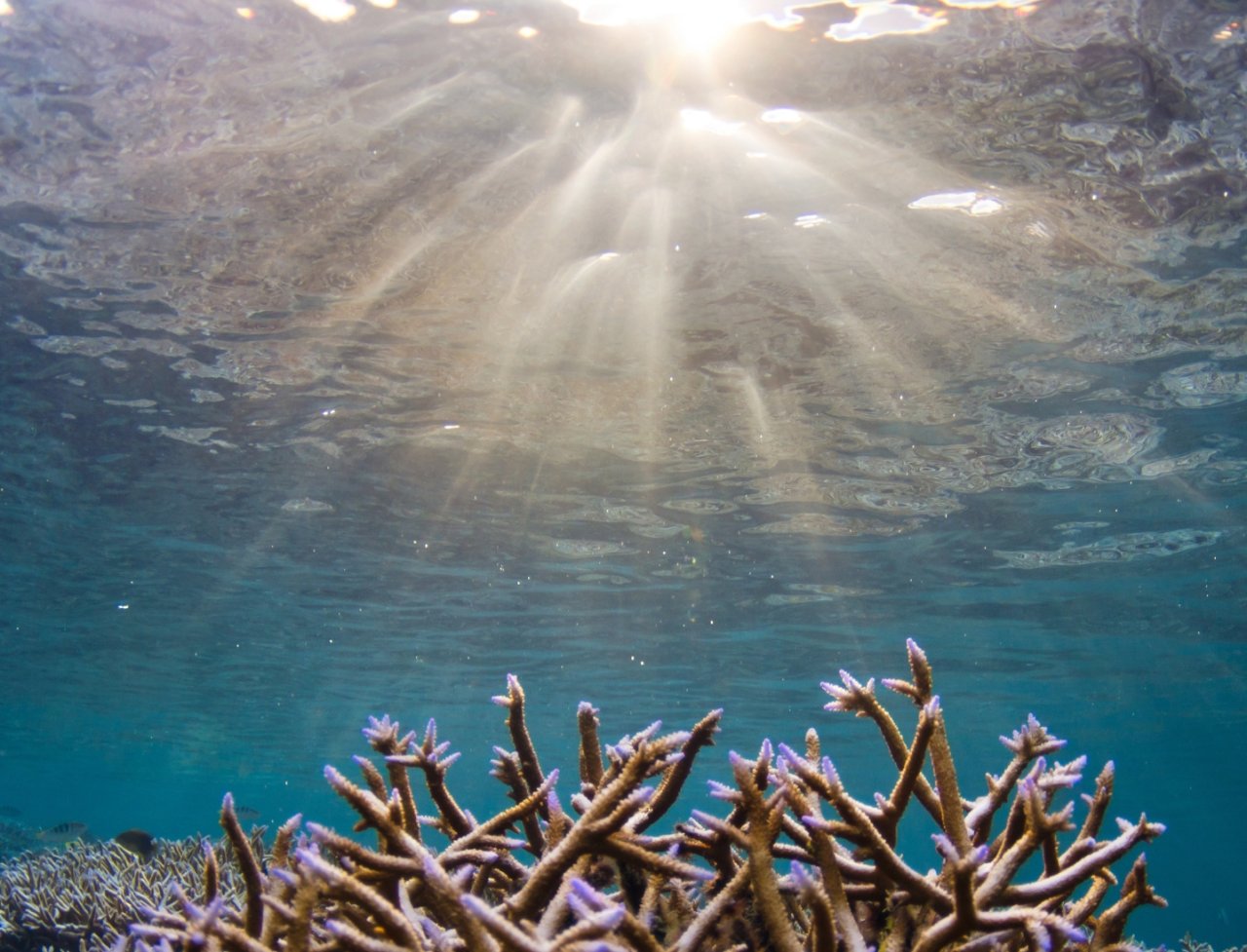Carbon Negative Concrete: Partanna and Ocean Revive's Coral Reef Restoration Partnership

Partanna is delighted to announce a new partnership with Ocean Revive, a leader in coral reef restoration, aimed at restoring coral reefs worldwide.
Why do corals matter?
Coral reefs are some of the world’s most complex and vital ecosystems, forming both a habitat for marine wildlife, and protecting coastlines from erosion.
Across the world, 275 million people depend directly on coral reefs for their livelihoods with coral reef tourism valued at approximately US$35.8 billion annually.
Unfortunately, they also face a severe and existential threat as a result of climate change. The Intergovernmental Panel on Climate Change predicts a 99% loss of corals if global temperatures warm by 2°C above pre-industrial values.
Concrete’s difficult relationship with coral
Corals grow over decades and centuries on natural substrates.
However, some coral reef restoration techniques involve the use of cement-based concrete as substrate to promote coral growth.
And whilst these efforts have seen some success. Traditional concrete is an imperfect ally for coral; often, the material degrades over time and fails to help new coral thrive.
Concrete is also made with Portland cement (OPC) – a material that is responsible for 9% of the world’s annual emissions.
The production of OPC-based concrete contributes to climate change – a destructive trend which is causing corals to die off at an alarming rate.
An exciting new partnership
Today, Partanna announces its partnership with Ocean Revive, a start-up based at King Abdullah University of Science and Technology (KAUST) in Saudi Arabia, at the forefront of coral reef restoration.
KAUST has identified Partanna's material as the perfect solution for coral restoration due to its unique brine component with the technology not only able to support but significantly enhance coral growth without any adverse effects on marine life.
The surface of artificial reefs built using Partanna’s carbon negative technology quickly becomes coated with crustose coralline algae (CCA), providing an ideal base for coral attachment and mimicking natural reef substrates.
Unlike traditional Portland cement, Partanna’s material uses brine, a chemical by-product of the desalination process. As such, Partanna does not degrade in saltwater, making it an ideal structural material in marine environments.
Partanna’s latest partnership is an exciting advance in coral reef restoration.
Both showcasing our carbon-negative technology’s broad range of applications and helping to minimize the carbon emissions that cause climate change, Partanna’s use in coral reef restoration is a testament to our mission to delink development from pollution and to work in harmony with nature.